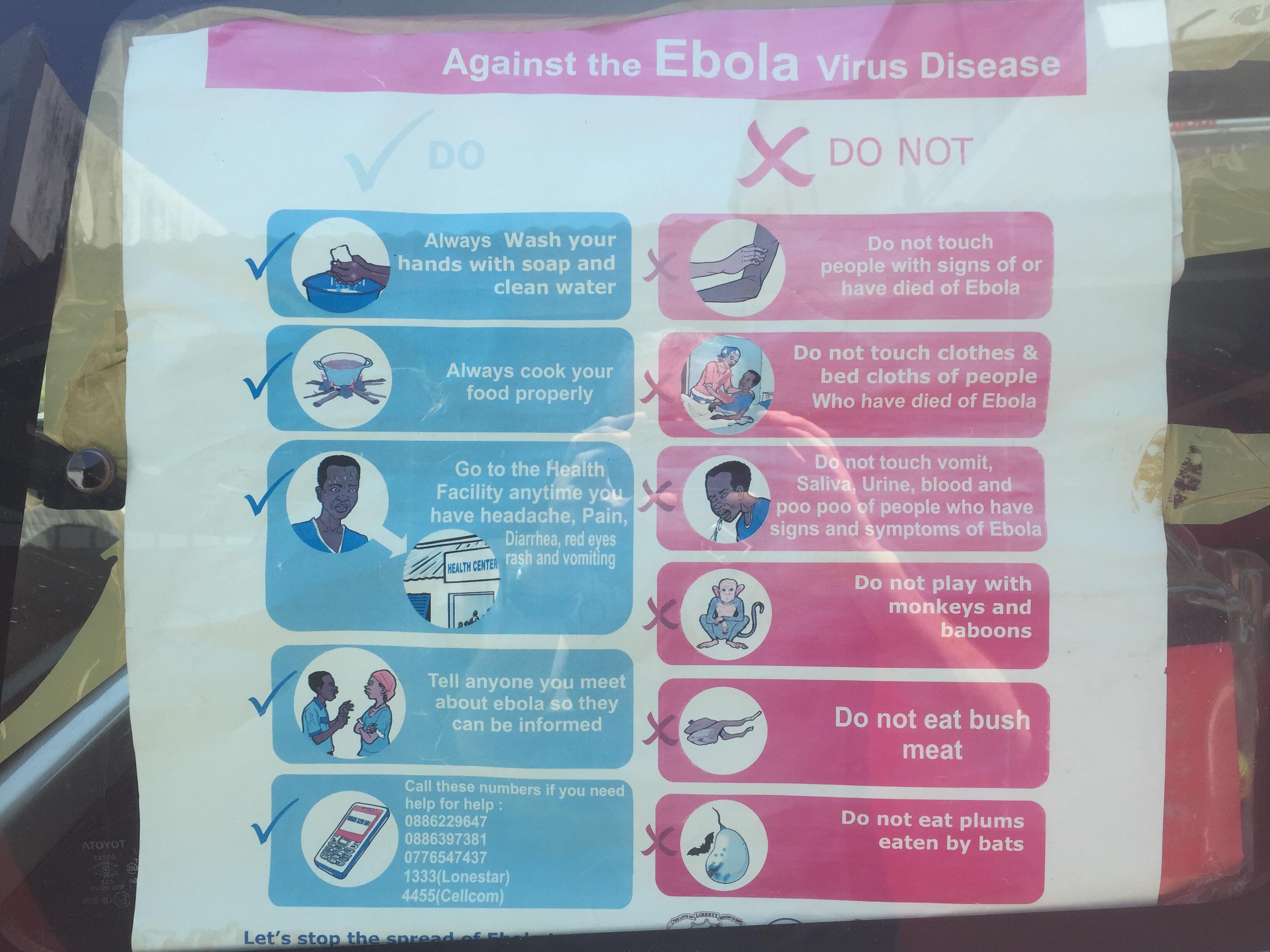
LSTM researchers and partner organisations are looking into how Liverpool’s health system has been adjusting to the ongoing COVID-19 outbreak. It hopes to learn from similar adjustments made by the Liberian health care system during the 2014-2015 Ebola epidemic and its current response to COVID-19.
The aim is to assess how health systems can adapt during disease outbreaks whilst also aiming to ensure equitable and quality delivery of its services.
The COVID-19 pandemic has led to changes in how health services are provided in order to free up available resources needed to care for the high number of patients with COVID-19 requiring hospitalisation, and to protect patients and staff from unnecessary high-risk contact.
Patients with ongoing health care needs, including patients with chronic diseases; pregnant women needing maternal health care; and patients needing chronic cancer care, need regular follow-up, including laboratory investigations and blood transfusions.
These patients also have a higher risk of becoming severely unwell if infected with COVID-19. As a direct result of COVID-19 the health system has changed how routine essential services are provided, such as setting up patient cohorts or using phone consultations to reduce physical contact and mitigate infection risk.
With a sudden change in how health services are delivered, there is the risk that some patients, especially those who are more vulnerable, may not be able to get the care they need when they need it most. West Africa experienced similar challenges during the 2014-2015 Ebola epidemic.
This study hopes to learn from Liberia about how to continue providing care for all citizens, both those with COVID-19, and for patients who need to continue to receive routine essential health care.
The study’s co-lead, LSTM Professor Imelda Bates, said: “This project brings together social science, bioethics and health systems researchers and applies health systems models to understand short- and long-term impacts of COVID-19 on routine delivery of health care systems in different settings such as Liverpool and Liberia.“
The research will explore the perspectives of health care workers employed directly in the COVID-19 response and those working in other key areas of the health system, for example governance stakeholders, laboratory scientists, and other health care staff. It will look into decision making processes for essential service delivery, including how these decisions are communicated and the impacts and implications for the health workforce during periods of change, adjustments that have been made to maintain routine service delivery and the effect of these on the quality and equity of essential health care service delivery, including laboratory and blood transfusion services.
The project team will work closely with policy makers and front-line staff to develop useful, evidence-based guidance and resource documents to inform the health systems response and to support governance and accountability to promote equity in decision making.
This research responds directly to questions emerging from senior health workers in the response in Liverpool and Liberia and is designed to complement other areas in the overarching Liverpool COVID-19 Consortium.
This project, also known as Area D, as there are other social science projects Areas A-F coordinated by Professor Sally Sheard at the University of Liverpool, emerged from LSTM Professor Miriam Taegtmeyer’s clinical COVID-19 experience and brings together researchers from LSTM's Centres for Health Systems Strengthening and Capacity Research, the Institute of Population Health of the University of Liverpool and researchers from the Liberian Ministry of Health.